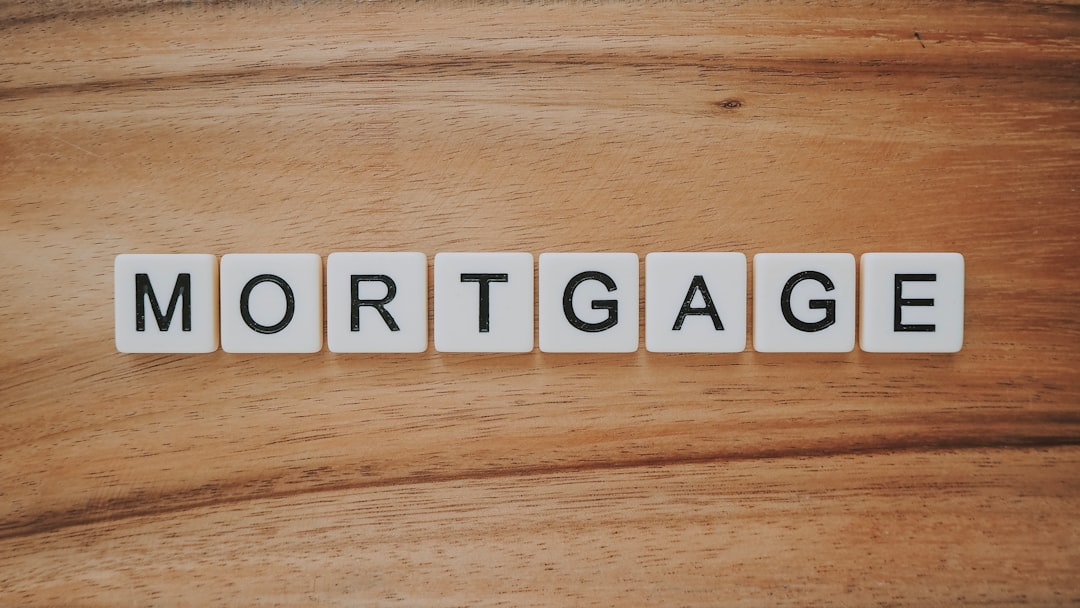 Photo by Precondo CA
Photo by Precondo CAOriginally Posted On: https://bonsaifinance.com/personal-finance/the-different-types-of-reverse-mortgages-a-simple-guide/
If you’re 62 years of age or older, you’re probably family with the term reverse mortgage, and you may have seen quite a few television commercials on the topic.
Before you consider this form of “mortgage,” it’s crucial to understand more about the different types of reverse mortgages available as well as the benefits and drawbacks.
Read on to learn more about reverse mortgages, the various types that are out there, and what they can do for you financially.
How to Get a Reverse MortgageBefore you dive into the different types of reverse mortgages, you need to know if you’re eligible to apply. First, you must be 62 years or older and own your home outright, or have one primary lien you plan to borrow against. If you take a reverse mortgage, you must pay off any existing mortgage you have with the proceeds.
To get approved for a reverse mortgage, you need to live in the home as your current and primary residence. All homeowner’s insurance, property taxes, and any other related costs must be current.
A HUD-approved counselor will lead a consumer information session, which you must participate in to qualify. The property must also be well-maintained and in good condition.
Finally, if you want a reverse mortgage, the home must be either a single-family home, a multi-unit property with up to four units, or a manufactured home built after June of 1976. The program also applies to condominiums and townhomes.
How Does it Work?For many older Americans, their homes offer plenty of equity to tap into. With a reverse mortgage, you can borrow against the home’s value, however, there is a limit based on your age and current interest rates.
In most cases, the older you are, the lower your reverse mortgage interest rates will be. You will also receive a higher amount to borrow from if your property is worth more. These terms apply to the Home Equity Conversion Mortgage (HECM), offered through FHA-approved lenders and insured by the U.S. federal government.
If you receive a fixed interest rate, you’ll get a single lump-sum payment you can use for everyday expenses and more. Reverse mortgages with variable rates can offer a myriad of different terms.
On a variable rate reverse mortgage, you can pay equal monthly payments for a fixed period of time that you agree upon before approval. You can also opt for a line of credit that can be used until you reach the limit.
Other options on variable rate HECMs include a combination of both the line of credit and fixed monthly payments. You can choose from several terms, but they only apply as long as you continue to live in the home. You won’t need to repay the amount you borrow until you move out, the homeowner dies, or you decide to leave your home for any other reason.
The process to apply for a reverse mortgage is similar to the application process of a home equity loan. You can shop for the best deal, and your lender will take a closer look at your finances, credit history, and any outstanding mortgage payments. They will also make sure your home qualifies and will order an appraisal.
When the home is appraised, the lender will then determine how much money you can borrow against the reverse mortgage. After you close, you’ll receive your funds shortly afterward according to the terms of your loan.
Different Types of Reverse Mortgages ExplainedAs you shop for different reverse mortgages, it’s important to know exactly which one will be right for you. Think about your personal lifestyle, your current financial situation, and your age before you decide.
A proprietary reverse mortgage is a private loan that is not backed by the government. In most cases, you can receive a larger advance with this type of loan. Many borrowers who have a high-valued home opt for this type of reverse mortgage.
A single-purpose reverse mortgage is typically offered by non-profit organizations and some state and local government agencies. This loan is only allowed to be used for a specific purpose, so it’s not as popular as the other options.
A home equity conversion mortgage is the most popular, and it’s offered by HUD and the U.S. government. They have higher upfront costs, you’re allowed to use the money for any purpose you choose. You’ll need to undergo HUD-approved counseling so you understand how these types of mortgages work.
Applying for a reverse mortgage is a big decision, but it does provide a lot of benefits for older homeowners. Having the equity you’ve earned readily available in the form of cash can help you pay for a wide array of expenses.
Talk to a lender near you or speak with HUD to find out more about their reverse mortgage programs. Shop around and make sure that you’re happy with the terms before you sign on the dotted line.
Reverse Mortgages: Help for Older HomeownersWhether it’s a fixed or variable interest rate, understanding the different types of reverse mortgages will make it easier for you to decide which one is right for you. Talk to several lenders and do your research before you commit to receiving any funds.
With the right program, you can tap into the equity you worked so hard to build and enjoy your retirement years.
For all your financial needs, visit our website and read our FAQ section today to find out more.